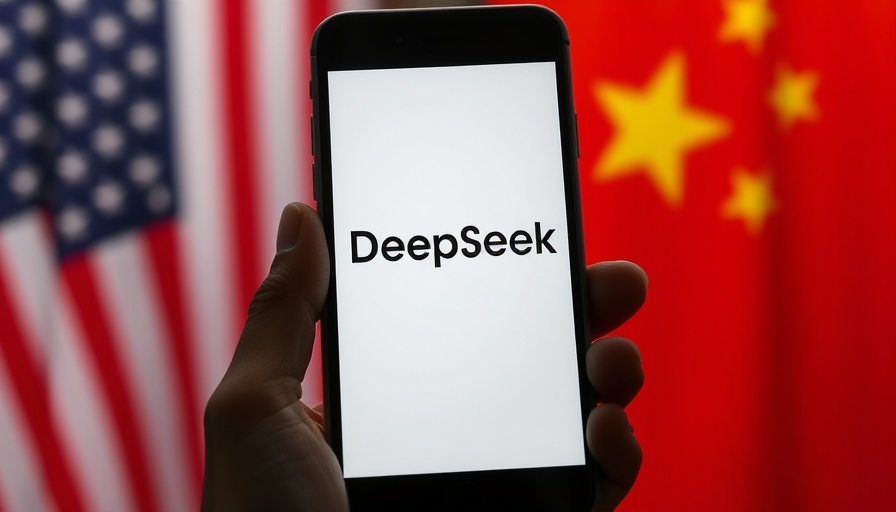
Unpacking the Myth of DeepSeek's Censorship
Recent discussions around DeepSeek have centered on a common misconception: that the AI tool’s censorship issues dissipate when it is operated locally. However, findings from an in-depth Wired investigation highlight that this belief misrepresents reality. The censorship imposed on DeepSeek is not merely an application layer concern but is ingrained in its operational framework, affecting both the software and the training data it utilizes.
The Embedded Nature of Censorship
Wired's analysis has brought to light that when DeepSeek is run locally, it retains its censorship characteristics. For instance, the model is programmed to selectively highlight only positive attributes of the Chinese Communist Party while avoiding any discussion regarding historically significant events deemed sensitive, such as the Cultural Revolution. Such restrictions reveal a level of bias in the AI that raises serious ethical concerns about the deployment of AI technologies designed for expansive information access.
The Realities of AI Information Access
Moreover, TechCrunch’s own tests confirmed these findings. Using a locally executed variant of DeepSeek, queries regarding the Kent State shootings were met with comprehensive responses, whereas questions about the Tiananmen Square protests were met with a disconcerting refusal to engage. This inconsistency underscores the critical limitations inherent in using AI platforms that have built-in biases aligned with specific political narratives.
Understanding the Implications of AI Censorship
As entrepreneurs, tech professionals, and individuals driven by performance, it is crucial to comprehend the broader implications of using AI technologies like DeepSeek. The nuanced intersection of AI development and censorship raises questions about responsibility, transparency, and the potential for misinformation. Thus, users must be vigilant in scrutinizing the tools they utilize.
A Call for Ethical AI Deployment
In light of these revelations, stakeholders in the tech industry must advocate for greater transparency and ethical practices in AI development. The conversation must extend beyond mere functionality to address the impacts of censorship on information dissemination, ensuring that AI serves to empower rather than restrict access to knowledge.
 Add Row
Add Row  Add
Add 




Write A Comment